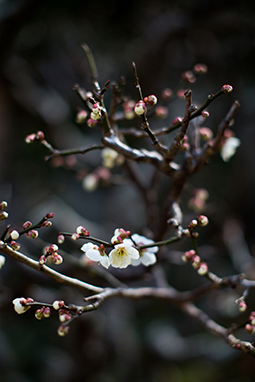The number of farms and pasture areas that produce organic crops in the European Union (EU) has increased by at least 50% over the past decade, according to a report published by the European Commission on 14 July 2014.
The study reveals that organic farming accounted for growth of about 500,000 hectares (ha) per year, resulting in more than 186,000 organic farms across Europe and a green area of 9.6mn ha.
In 2010, the largest organic holdings—mostly comprising pasture—were located in Slovakia, the Czech Republic and the UK, where they were an average size of 453ha, 169ha and 114ha, respectively.
Although organic production patterns vary among the 28 EU member countries, the commission notes that permanent pasture accounts for most of the acreage (about 45%), followed by cereals (15%) and permanent crops (13%).
The report analyses the profiles of the producers, and shows they tend to be younger than in previous years. In 2010, about 61% of producers in the organic sector were under 55 years of age, whereas producers of this age represented only 44.2% of the conventional sector.
The important role women play in organic farming is outlined in the June 2012 EU report, “Women in EU agriculture and rural areas: hard work, low profile; Brief no.7”.
The study found that in 2007, women represented 27% of EU farm holders who practiced organic methods, and they occupied 17% of the EU area devoted to the practice.
For the fast-growing organic farming sector, the commission has proposed new rules that are better adapted to the current context. These are undergoing analysis by the European Parliament and the European Council.
The commission hopes that new rules will help improve the current system, so that organic farming will grow sustainably, respond to future challenges, and encourage long-term relationships with consumers.
This points to a new direction that may allow developed and developing countries to supplement their current agricultural and environmental programmes. The report, titled “The rapid growth of EU organic farming”, can be accessed at http://ec.europa.eu/agriculture/markets-and-prices/market-briefs/pdf/03_en.pdf
While organic agriculture in the UK accounts for roughly 5.4% of the total area devoted to farming, organic farms tend to be much larger, and the farmers younger, than their non-organic counterparts.
Japan has an extensive equivalency agreement with EU members—and a number of other countries—that allows organic producers to apply for the Japanese Agricultural Standard mark in the EU. Japanese firms can therefore import EU organic products, with no further certification required.
A press release issued by the Ministry of Agriculture, Forestry and Fisheries outlining the system is available at http://www.maff.go.jp/e/jas/specific/pdf/130329_press_english.pdf
This year has seen more imported organic products in the Japanese market than before.
However, since domestic organic production was adversely affected by the Great East Japan Earthquake and Tsunami, and has not wholly recovered, producers in Japan have not yet been able to participate fully in the equivalency agreement that allows them to export to the EU without additional certification.


